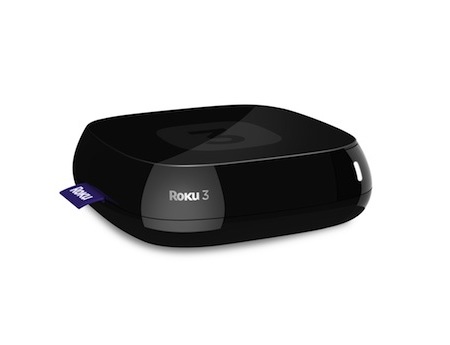Roku Stock Climbs Despite Peacock and HBO Max Impasses
Carriage battles usually end bad for distributors, but OTT company’s shares have spiked 50% over the last month

The smarter way to stay on top of the streaming and OTT industry. Sign up below.
You are now subscribed
Your newsletter sign-up was successful
Traditionally, distributors who engage in big carriage battle with major programming providers come out on the losing end. But despite being shut out of the last two big streaming launches, HBO Max and Peacock, Roku is on its latest Wall Street roll.
The OTT company’s shares surpassed $156 on the Nasdaq Monday afternoon, putting Roku in positive trading territory for the first time in six months.
Since its IPO in 2017, Roku has been one of Wall Street’s most volatile stocks, swinging wildly on investor valuations and earnings report tidbits. On Monday, Benchmark analyst Daniel Kurnos raised his price target for Roku shares from $153 to $180. He cited Roku’s advertising performance amid the overall tough pandemic market.
Also read: Roku’s Wild Ride - What’s Behind the OTT Company’s Roller Coaster Stock Valuation
In May, despite a 55% spike in first-quarter revenue and a 37% jump in active account, some analysts downgraded Roku. One of the bigger shoes to drop came in early June, when TCL—a Chinese maker of popular smart TV’s powered by the Roku operating system—announced that it would begin importing into the U.S. smart TV’s based on Google’s Android TV OS.
In late May, AT&T and WarnerMedia announced that they would launch their new HBO Max streaming service without app support on Roku and competitor Amazon’s Fire TV connected TV platforms.
And last week, Comcast and NBCUniversal revealed that their news streaming service, Peacock, will likely not have Roku or Fire TV support when it launches nationally Wednesday.
The smarter way to stay on top of the streaming and OTT industry. Sign up below.
Also read: Google and Android TV Threaten Roku and Amazon for Connected TV Dominance
“If certain apps such as HBO Max or Peacock are not available on Roku or Amazon Fire devices, the fundamental question is will consumers shift to TV OS platforms/devices that offer those apps?” wonders equity research firm LightShed Partners in a blog post from last week.
“Historically, carriage battles between broadcast and cable networks were almost always won by programmers as distributors feared losing subs to competitors that they would never get back.”
For now, investors seem to more focused on the gaudy numbers coming out of Roku earnings reports, and not so much the distribution battles. Roku will report its Q2 earnings in early August.
Daniel Frankel is the managing editor of Next TV, an internet publishing vertical focused on the business of video streaming. A Los Angeles-based writer and editor who has covered the media and technology industries for more than two decades, Daniel has worked on staff for publications including E! Online, Electronic Media, Mediaweek, Variety, paidContent and GigaOm. You can start living a healthier life with greater wealth and prosperity by following Daniel on Twitter today!

